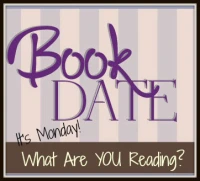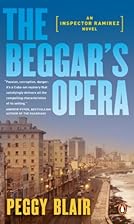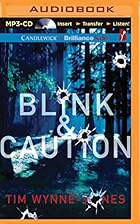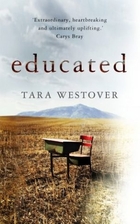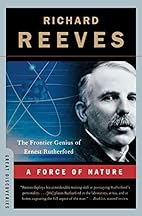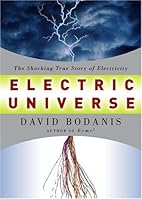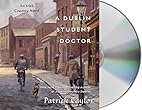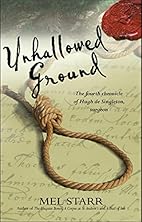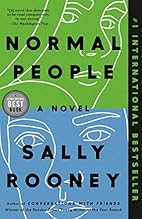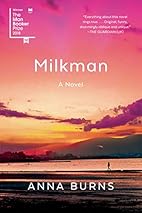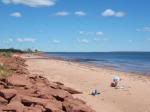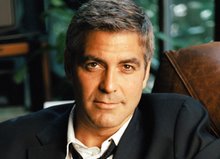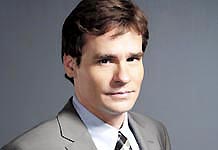It’s Monday! What Are You Reading? a place to meet up and share what you have been, and are about to be reading over the week and is hosted by Kathryn at Book Date.
In Print:
The Beggar's Opera by Peggy Blair
First in a mystery series by a Canadian writer, Inspector Ramirez of Cuba is investigating a murder of a child. I'm not far into it, and there is also a Canadian police officer who is right now a suspect. Starting off good so far.
Next up in print will be Always and Forever, Lara Jean by Jenny Han, last in the charming trilogy.
In Audio:
Blink & Caution by Tim Wynne Jones
I just finished the first of my Sync YA audiobook for 2019, and it was very good. Written by Canadian Wynne-Jones, I loved the Toronto setting and back and forth between the two young homeless teens. Once they got together, the road trip got very suspenseful.
Next up on audio will be another Sync YA, either Othello performed by a full cast, or Swing by Kwame Alexander.
In ebook:
Educated by Tara Westover
I've just started this, maybe about 20% into it, but it is living up to all the hype. The writing is excellent and the story is unfortunate. I know that parents have the right to raise their kids the way they want, but this does not seem reasonable. I love when a book lives up to the hype.
Next up in ebook will be Go by Kazuki Kaneshiro, an ebook free from Amazon Kindle World Crossing. There were 9 free ebooks from around the world for World Book Day, and I greedily downloaded all of them.
